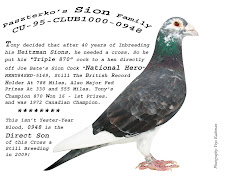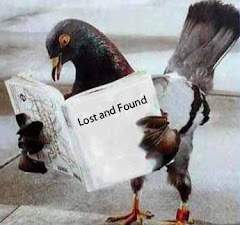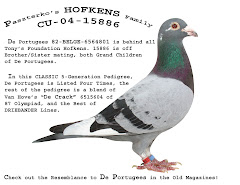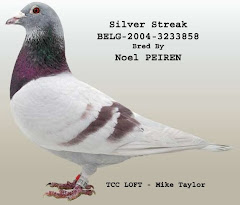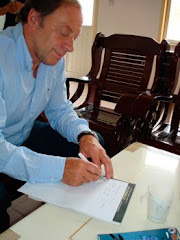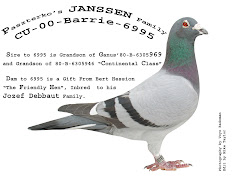NEWS.Scotsman.com
Published Date: 30 August 2005
By ANGIE BROWN
PIGEON racing will die out in Scotland within 20 years if the number of birds of prey continues to soar at recent record levels, experts warned yesterday.
The number of sparrowhawks and peregrine falcons, which feed on pigeons, have hit unprecedented levels, and an estimated 120,000 racing birds are being killed in Scotland every year.
The problem is so bad that the Royal Pigeon Racing Association has lost 2,000 members and the Scottish Homing Union 300 since the start of the year.
There are now 4,200 peregrine falcons and 120,000 sparrowhawks living in the UK, with each eating between two and three birds a day.
Dr Philip Lynch, chairman of the Scottish Homing Union's Save Our Sport from Raptors group, called for a change in the law to allow them to be killed.
Pigeon fancier Gill Reilly used to have 40 birds but has lost 'some real beauties' and now has only 15 left.
Picture: David Moir
"This is a problem which is getting worse. It's a terrible worry because if nothing is done about the unprecedented numbers of raptors we will see a massive drop in the number of fanciers in ten years, and we won't have a sport in 20 years."
Dr Lynch, 65, who has been racing pigeons since the age of seven from his home town of Larbert, Stirlingshire, said he had lost 65 pigeons - half his flock - this year.
"Raptor numbers have just rocketed, which has become a huge problem for our sport. A lot of fanciers are demoralised now and are dropping out of the sport.
"It is also devastating for our children and grandchildren when they see sparrowhawks attacking and eating our pigeons in the garden. It is a family sport and they become attached to the pigeons as pets, so to see them being eaten alive is just horrendous.
"What has been happening is sparrowhawks are attacking our pigeons in the garden and the peregrines are terrorising them while they are flying during races, which is forcing them to go to the ground where they are being eaten by other predators, such as foxes.
"We are not saying we want rid of every single raptor, but Scotland now has more than 50 per cent of Britain's peregrine population and we want the law to be changed so that we can trap and kill the ones which attack our pigeons."
Gill Reilly, a pigeon fancier from Edinburgh, says the sport is facing a bleak future. "I used to have 40 pigeons but now I have only 15 left," he said. "There are hundreds of pigeons getting lost at every race now. Last week, 60 fanciers liberated 180 birds, but only 11 returned, which used to be just unheard of. I have lost some real beauties and now I just feel like leaving the sport."
Peter Bryant, general manager of the Royal Pigeon Racing Association, said sparrowhawks ate pigeons alive, subjecting them to a slow and painful death.
"People are losing more pigeons than normal, and I believe birds of prey are playing a significant part in this," he said. "There are certain parts of the country which are bad for peregrines, of which Scotland is one. They are also now coming into the cities, so they don't just pose a problem to rural fanciers.
"This year we have lost 2,000 members, who say they are leaving the sport because of birds of prey. It is very upsetting to lose this many members, as it is very difficult to recruit new people."
Duncan Orr-Ewing, a raptor specialist with the Royal Society for the Protection of Birds, said independent research showed fanciers had failed to take precautions against raptor attacks.
"Peregrines are being made a scapegoat here and the fanciers' reaction is just to go kill something to solve the problem," he said. "If they were to kill a raptor, then it would just be replaced a few days later by another one.
"They have been given advice, such as to not use race routes along the M74 corridor where there are a lot of peregrines, keep their lofts away from woodland cover, put model owls on their roofs and use pigeons with a white rump because research shows they are less likely to be attacked, but our experience is that fanciers aren't doing this."
Homing pigeons have been raced for sport in the UK since the 1880s and they were used as battlefield messengers during the First World War.
Read more ...








